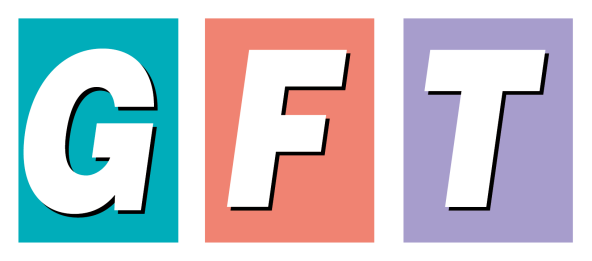Revitalize Textile Industry with AI and Automation
The textile and garment industries are one of the key income generators for Thailand. In particular, the proportion of factories that produce ready-made textiles for export is as high as 58.2%. In the past, Thailand had the advantages of skilled labors and inexpensive wages. These advantages are now being challenged by manufacturers from China, India and Vietnam who have stepped up their manufacturing competitiveness. This scenario is a catalyst for Thai manufacturers to adopt digital technologies, many of which greatly provide the revitalization the textile industry needs. For example, the automation systems which help program the manufacturing processes, enabling production improvement, quality assurance, standard upkeep, and cost control.
Another outstanding technology that is gaining popularity in the textile and garment industry is AI (Artificial Intelligence) which has learning and understanding functions that can help manufacturers in steps such as analysis, planning, and decision making. It can also help recommend ideas for new product development, so manufacturers can stay up to date in the constantly shifting market.
The benefits of AI in the textile and garment industry are multifold. For example, designers can use AI to help them with trial and error in the development and testing of new products. Not only that, but AI algorithms can also analyze data from social media and consumer behavior to predict trends and styles that are likely to become popular. It is considered a valuable ally for designers and entrepreneurs to continuously develop products with high quality.
In addition, AI can help make textile and garment production processes more efficient and environmentally friendly which correspond to the ongoing trends around the world. It helps reduce waste from the manufacturing processes or adjust production schedule to prevent overproduction or underproduction. In terms of sustainability, AI algorithms can help analyze information about materials, production process and supply chains to identify areas where sustainability can be improved, such as suggesting more environmentally friendly materials or how to generate less waste. AI also helps reduce the volume of transportation, cuts down storage costs and minimizes carbon emissions.
Currently, many countries have already introduced Automation and AI systems in the textile industry because they can be determining factor for their future competitiveness. Therefore, upgrading equipment and optimizing production lines through automation, digitalization and intelligence are indispensable to increase productivity for the garment and textile businesses. Furthermore, it can also help improve product quality and boost competitive advantages.
Another important factor to consider incorporating AI in the manufacturing process is that digital technology can help reduce occupational hazards for workers such as during cutting and sewing processes. An example of a textile business that uses digital technology in production efficiently is Sanlian Hope, a provider of synthetic fiber technology in China. Previously, their staff had to manually inspect the fibers with their naked eyes. However, they have now collaborated with HUAWEI CLOUD to use AI technology to improve the quality of visual inspection.
Another example, an internationally recognized machinery maker for garment from Taiwan OSHIMA, has fully embraced automated systems in their textile and garment production. They use automation systems in their fabric inspection machines, fabric cutting machines, ironing machine, and even in the needle detectors and many other areas of operation. These technologies help control quality, reduce the amount of waste, reduce resource loss caused by substandard fabrics, reduce labor costs, and keep the same standard for every piece of product made.
If you are an entrepreneur looking to revitalize your textile business through innovative modern technologies including Automation and AI, then do not miss GFT 2024, the 24th edition of ASEAN's Most Comprehensive Exhibition for Garment and Textile Manufacturing Industry where you can explore the variety of solutions from embroidery machines, sewing machines, digital fabric printing machines, functional textiles, accessories, software, to garment OEM. The event will take place from 26-29 June 2024 at BITEC, Bangkok.
Reference :
- HOW ARTIFICIAL INTELLIGENCE IS CHANGING THE FASHION INDUSTRY
https://immago.com/ai-fashion-industry/
- AI And its Role in The Garment Industry
https://www.fibre2fashion.com/industry-article/9739/ai-and-its-role-in-the-garment-industry
- Why Apparel Industry Automation Starts with Machinery Supplier?
https://www.linkedin.com/pulse/why-apparel-industry-automation-starts-machinery-supplier/
- ตัวอย่าง AI Use Case ทางด้านTextile
